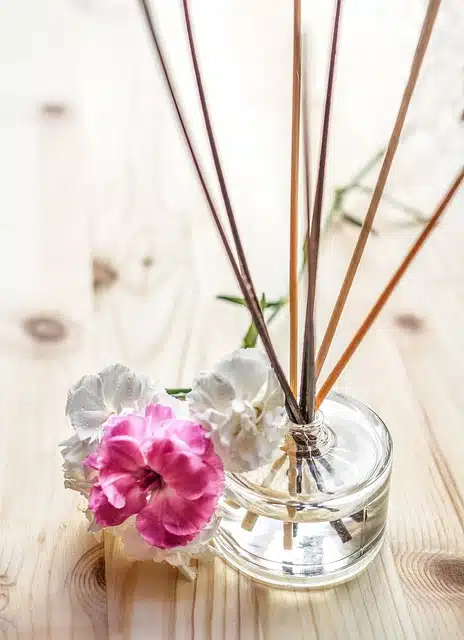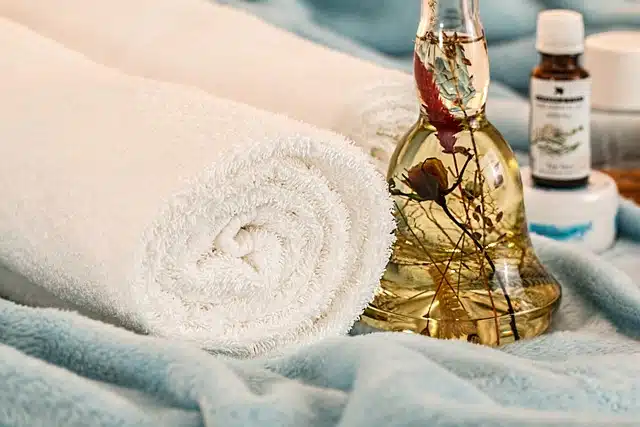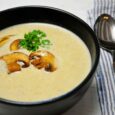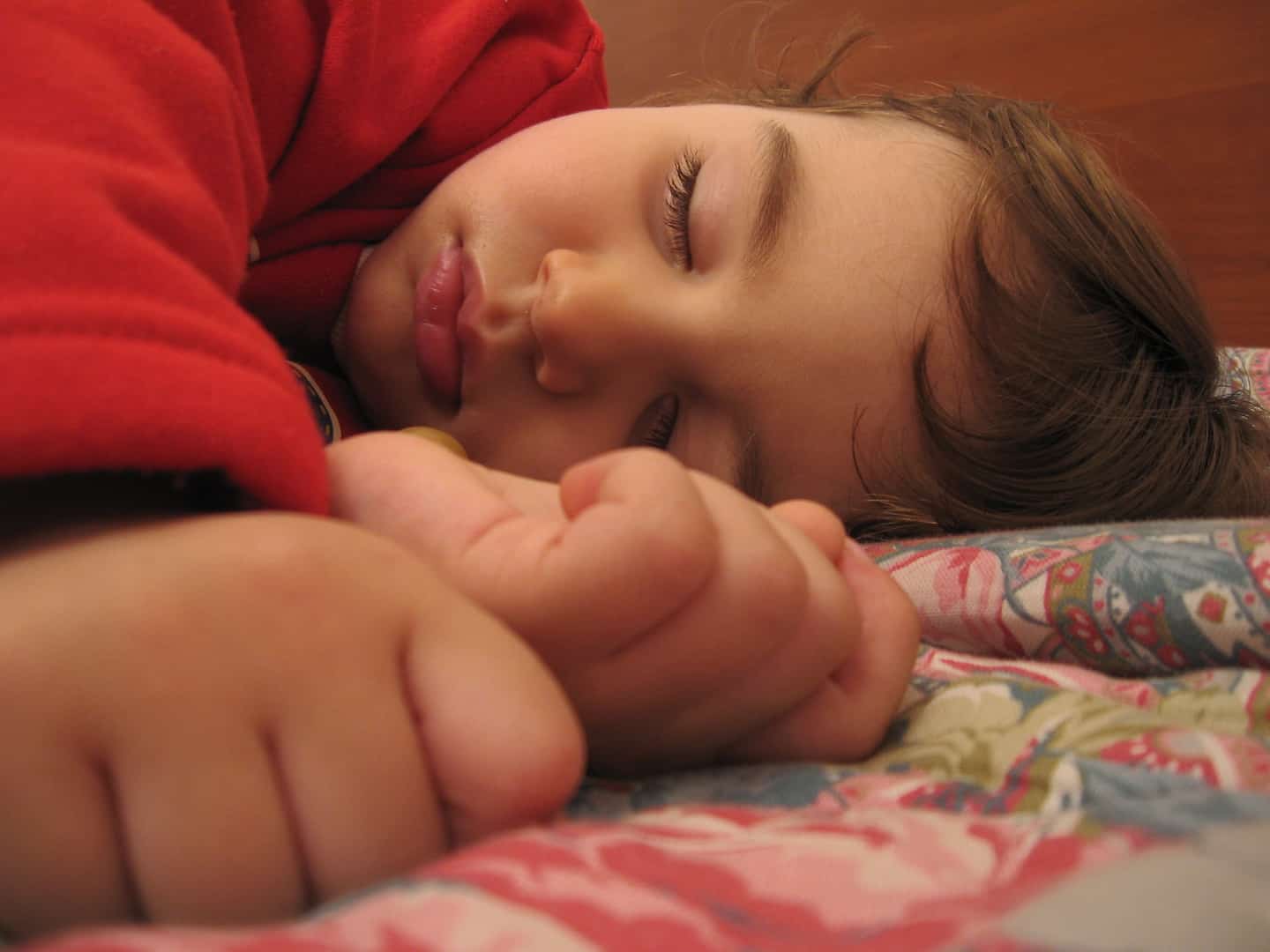Aromatherapy is a holistic healing practice that utilises the aromatic compounds of essential oils to promote physical, emotional, and psychological well-being. Essential oils are natural extracts derived from various parts of plants, such as leaves, flowers, roots, and fruits. These oils contain concentrated fragrances and medicinal properties that can be used for therapeutic purposes.
Aromatherapy has a long history of use, from the ancient Egyptians to the time of Hippocrates when skin problems were treated with aromatic baths.
Since then, essential oils have been used continuously not just for their pleasant aromas, but also for their medicinal properties and effects on the psyche…
We all know that aromas can affect the way we think and feel.
Just consider for a moment: What goes through your mind when you smell the sweet fragrance of a rose or the hearty aroma of a cake in the oven or when the pungent smell of those sweaty sneakers hits your olfactory receptors? Some scents invoke pleasant (even erotic) thoughts and others can turn us right off.
How does aromatherapy work?
Released molecules travel via the nose directly across the olfactory sensors to the part of our brain responsible for emotions.
Our brain’s interpretation of the aroma will influence our reaction to it – this happens very rapidly – causing neurochemicals and endorphins to be released immediately, causing an emotional or physical response.
In addition to this direct route to the brain, the skin absorbs oils via the hair follicle and into the bloodstream. Even though the amounts are small these potent substances can work on a physiological level, producing impressive results if used consistently.

How is aromatherapy used?
The practice of aromatherapy involves inhaling the aroma of essential oils through methods like diffusion, direct inhalation, or incorporating them into products like lotions or bath oils. Additionally, some aromatherapy techniques involve topical application, though this requires careful dilution of the essential oils to prevent skin irritation.
Simple, but effective ways to use essential oils include massage, compresses, inhalations, vapourises, baths, sprays or spritzers. They can be incorporated into ointments, cleansers and skin care products to create custom-made skin care.
Essential oils are vastly more concentrated as the parent plant from which they are extracted – in the case of melissa (Melissa officinalis), 1 kilogram of plant material produces just 1 gram of pure essential oil. Because of the cost of producing high-quality oils, (and the fact that 98% of oils produced every year are for the less discerning perfume and food industries) the market is flooded with inferior quality, synthetic and adulterated oils.
What are the Benefits of Aromatherapy?
The benefits of aromatherapy are believed to be based on the following mechanisms:
Stress Reduction: Certain essential oils can have calming effects on the mind and body, reducing stress and anxiety levels. For example, lavender and chamomile oils are commonly used for relaxation.
Mood Enhancement: Aromatherapy can influence mood and emotions positively. Oils like bergamot and ylang-ylang are thought to be uplifting and may help improve mood.
Pain Relief: Some essential oils possess analgesic properties and may help alleviate minor pains and aches when applied topically or used in massage therapy
Improved Sleep: Aromatherapy may aid in promoting better sleep and combating insomnia. Lavender and valerian oils are often used for their sedative effects.
Support Immune Function: Certain essential oils have antimicrobial properties that could help support the immune system and fight off infections
Headache Relief: Peppermint and eucalyptus oils are often used to relieve headaches and migraines when applied to the temples or used in a diffuser.
Enhanced Focus and Concentration: Some oils, like basil, rosemary and lemon, are believed to enhance cognitive function and mental clarity.
It’s important to note that while aromatherapy can be a useful and supportive complementary therapy, promoting relaxation and well-being, it should not be considered a substitute for medical treatment where this is indicated.
Some individuals may have allergies or sensitivities to certain essential oils, and some oils can interact with medications or medical conditions.
Safety Considerations
While careful use of aromatherapy can be beneficial, it’s important to use essential oils safely:
Dilution: Most essential oils should be diluted with a carrier oil (e.g., coconut oil, almond oil) before applying them to the skin to avoid irritation.
Patch Test: Always perform a patch test before using a new essential oil to check for any allergic reactions.
Quality: Make sure you choose high-quality, pure essential oils without synthetic additives or fillers.
So, if you are considering using aromatherapy for specific health concerns, it’s best to consult with a qualified aromatherapist or healthcare professional to ensure safe and appropriate use.
Use a selection from each list in the burner, or in a personal massage blend.
- To calm kids: Vetiver, Roman chamomile, Lime, Rose, Lavender and Cedarwood
- For serenity: Frankincense, Geranium, Lavender, Fragonia, Roman chamomile and Ylang ylang
- Play more: Fragonia, Orange, Grapefruit, Mandarin and Ginger
- Releasing anger: Ylang Ylang, Lime, Grapefruit and Eucalyptus
- Staying grounded: Vetiver, Cedarwood, Sandalwood and Geranium











